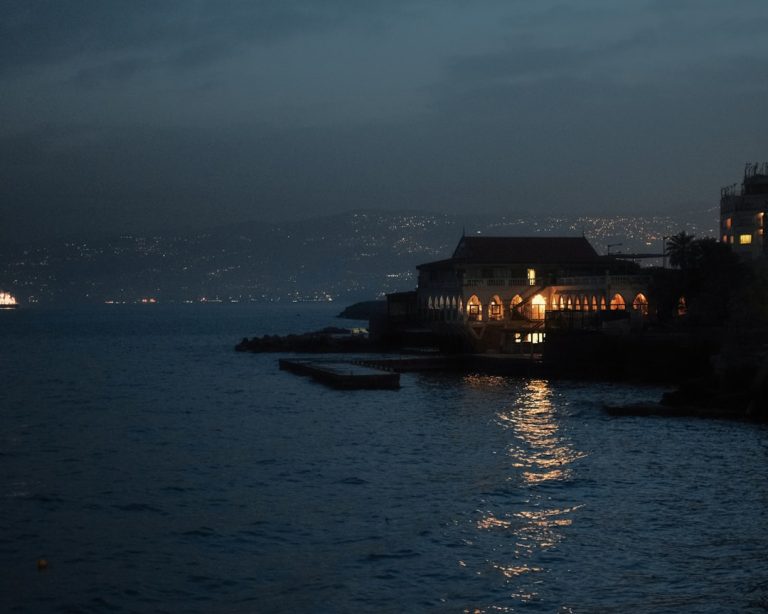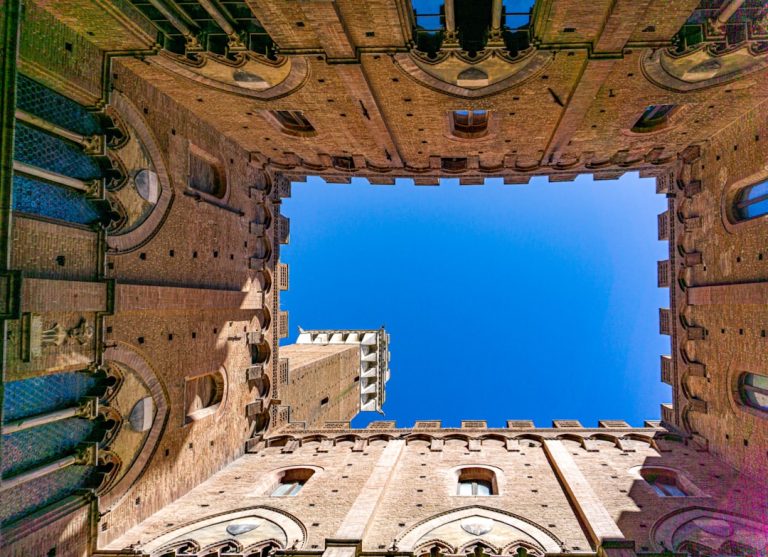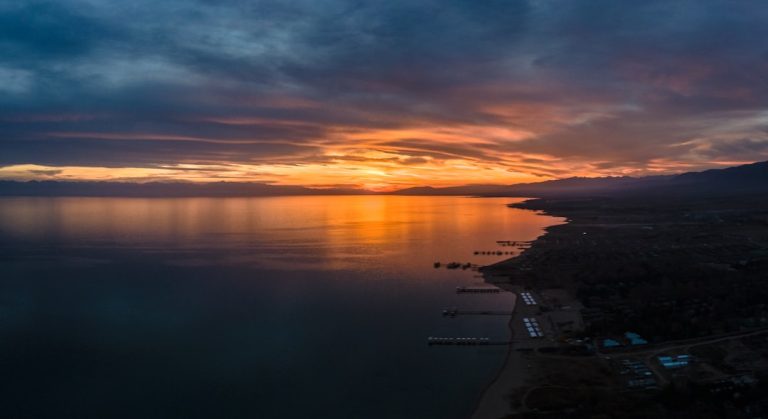
Israel, a small yet profoundly significant country located in the Middle East, is a land steeped in history, culture, and spirituality. Bordered by the Mediterranean Sea to the west, it shares its borders with Lebanon to the north, Syria to the northeast, Jordan to the east, and Egypt to the southwest. Despite its modest size, Israel is a melting pot of diverse cultures, languages, and traditions, reflecting the myriad influences that have shaped its identity over millennia.
The country is often referred to as the “Holy Land,” a title that underscores its importance to Judaism, Christianity, and Islam alike. The modern state of Israel was established in 1948, but its roots extend deep into antiquity. The region has been inhabited for thousands of years, serving as a crossroads for various civilizations and empires.
From the ancient Israelites to the Roman Empire, and later the Ottoman Empire, each has left an indelible mark on the land. Today, Israel is known for its dynamic society, innovative technology sector, and vibrant arts scene, all of which coexist alongside its rich historical legacy. This unique blend of old and new makes Israel a fascinating destination for travelers seeking to explore its multifaceted identity.
Key Takeaways
- Israel is a small but diverse country in the Middle East, known for its rich history and religious significance.
- Historical and cultural sites in Israel include the ancient city of Jerusalem, the fortress of Masada, and the vibrant city of Tel Aviv.
- Natural wonders in Israel range from the Dead Sea, the lowest point on earth, to the stunning landscapes of the Negev Desert and the Sea of Galilee.
- Modern cities like Tel Aviv and Haifa offer a bustling urban life with a mix of contemporary architecture, vibrant nightlife, and a thriving culinary scene.
- Israel is home to many religious and spiritual sites, including the Western Wall, the Church of the Holy Sepulchre, and the Dome of the Rock, attracting pilgrims from around the world.
Historical and Cultural Sites in Israel
Israel is home to an array of historical and cultural sites that tell the story of its complex past.
The Old City of Jerusalem is a UNESCO World Heritage Site, featuring landmarks such as the Western Wall, the Church of the Holy Sepulchre, and the Al-Aqsa Mosque.
Each of these sites represents a different facet of Jerusalem’s rich tapestry, drawing millions of visitors each year who come to witness their historical and spiritual significance. Another remarkable site is Masada, an ancient fortress perched atop a plateau overlooking the Dead Sea. This site is not only an architectural marvel but also a symbol of Jewish resilience.
The story of Masada is one of defiance against Roman rule; it was here that a group of Jewish zealots made their last stand against the Roman legions in 73 CE. Today, visitors can hike up the Snake Path or take a cable car to reach the summit, where they can explore the ruins and enjoy breathtaking views of the surrounding landscape. In addition to these well-known sites, Israel boasts numerous archaeological treasures that provide insight into its ancient civilizations.
The ancient city of Caesarea, once a bustling port city built by King Herod, features impressive ruins including an amphitheater and aqueducts that showcase Roman engineering prowess. Similarly, the city of Akko (Acre) offers a glimpse into the Crusader period with its well-preserved fortifications and vibrant markets. Each site serves as a testament to Israel’s rich historical narrative and cultural heritage.
Natural Wonders of Israel
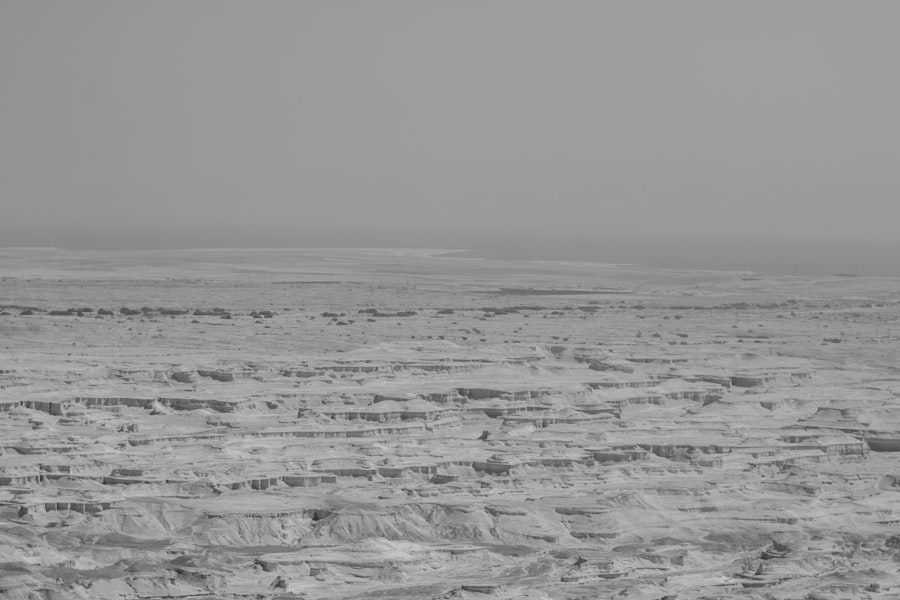
Beyond its historical landmarks, Israel is blessed with an array of natural wonders that captivate visitors with their beauty and diversity. The Dead Sea, renowned for its high salinity and mineral-rich waters, is one of the most unique natural phenomena in the world. Situated at the lowest point on Earth, it offers a surreal experience where visitors can float effortlessly on its surface while enjoying the therapeutic benefits of its minerals.
The surrounding landscape features dramatic cliffs and salt formations that create a striking contrast against the deep blue waters. The Negev Desert, which covers more than half of Israel’s land area, presents another stunning natural landscape. This arid region is characterized by its rugged terrain, unique geological formations, and diverse wildlife.
The Ramon Crater, a massive erosion crater located in the heart of the Negev, is a geological wonder that attracts hikers and nature enthusiasts alike. Visitors can explore its trails while taking in panoramic views of the surrounding desert landscape. The Negev also hosts various Bedouin communities that offer insights into their traditional way of life and connection to the land.
In addition to deserts and salt lakes, Israel’s coastline along the Mediterranean Sea features beautiful beaches and vibrant marine life. Cities like Tel Aviv and Haifa boast stunning waterfronts where locals and tourists alike gather to enjoy sunbathing, water sports, and beachside dining. The coral reefs off the coast of Eilat in the Red Sea provide excellent opportunities for snorkeling and diving, showcasing an underwater world teeming with colorful fish and coral formations.
These natural wonders highlight Israel’s diverse ecosystems and offer countless opportunities for outdoor exploration.
Modern Cities and Urban Life in Israel
| City | Population | Area (km²) | GDP (billion USD) |
|---|---|---|---|
| Tel Aviv | 460,613 | 52 | 90 |
| Jerusalem | 874,186 | 125.1 | 63 |
| Haifa | 285,316 | 63.7 | 20 |
Israel’s urban landscape is characterized by a blend of modernity and tradition, with cities that reflect both contemporary innovation and historical significance. Tel Aviv stands out as a bustling metropolis known for its vibrant nightlife, cultural scene, and technological advancements. Often referred to as “the city that never sleeps,” Tel Aviv boasts a dynamic atmosphere filled with trendy cafes, art galleries, and music venues.
The city’s Bauhaus architecture has earned it recognition as a UNESCO World Heritage Site, showcasing its unique architectural heritage. In contrast to Tel Aviv’s modernity, Jerusalem offers a more traditional urban experience steeped in history. The city’s streets are lined with ancient stone buildings and bustling markets where vendors sell spices, textiles, and religious artifacts.
The Mahane Yehuda Market is a must-visit destination for those seeking an authentic taste of local life. Here, visitors can sample fresh produce, traditional pastries like rugelach, and various Middle Eastern delicacies while soaking in the vibrant atmosphere. Haifa, located in northern Israel along the Mediterranean coast, is another city that exemplifies urban diversity.
Known for its stunning Baha’i Gardens—a UNESCO World Heritage Site—Haifa offers breathtaking views from its terraced gardens that cascade down Mount Carmel. The city is also home to a mix of cultures and religions, with Jewish, Arab, and Christian communities coexisting harmoniously. This multicultural environment is reflected in Haifa’s culinary scene, where visitors can enjoy a wide range of cuisines from around the world.
Religious and Spiritual Sites in Israel
Israel’s significance as a religious center cannot be overstated; it is home to some of the most revered spiritual sites in the world. For Jews, the Western Wall in Jerusalem is a sacred place of prayer and reflection. This ancient wall is all that remains of the Second Temple and serves as a focal point for Jewish worshippers who come to place notes with prayers in its crevices.
The atmosphere surrounding the Western Wall is charged with emotion as people from all walks of life gather to connect with their faith. For Christians, Jerusalem holds immense importance due to its association with the life of Jesus Christ. The Church of the Holy Sepulchre is believed to be built on the site where Jesus was crucified and buried.
Pilgrims flock to this church to walk along the Via Dolorosa—the path Jesus took on his way to crucifixion—experiencing firsthand the profound spiritual significance of these locations. Additionally, sites such as Bethlehem—the birthplace of Jesus—and Nazareth—where he grew up—are essential pilgrimage destinations for Christians worldwide. Islam also finds deep roots in Israel, particularly in Jerusalem with the Al-Aqsa Mosque located on the Temple Mount.
This mosque is considered one of Islam’s holiest sites and attracts millions of Muslim visitors each year who come to pray and reflect within its serene confines. The Dome of the Rock, an iconic Islamic shrine adjacent to Al-Aqsa Mosque, further emphasizes Jerusalem’s religious significance across faiths. These sites collectively illustrate Israel’s role as a spiritual epicenter where diverse beliefs converge.
Culinary Delights and Local Cuisine in Israel
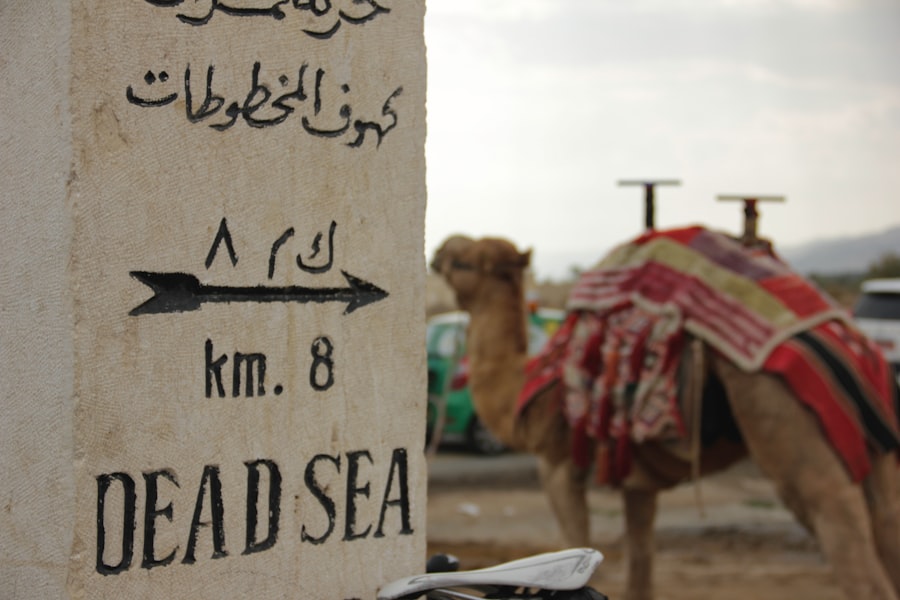
The culinary landscape of Israel is as diverse as its population, reflecting a rich tapestry of flavors influenced by various cultures and traditions. Israeli cuisine draws from Middle Eastern flavors while incorporating elements from Jewish diaspora communities around the world. One cannot visit Israel without indulging in traditional dishes such as hummus—a creamy blend of chickpeas served with olive oil—and falafel—crispy balls made from ground chickpeas or fava beans served in pita bread with fresh vegetables.
Street food plays an integral role in Israeli culinary culture. Markets like Mahane Yehuda in Jerusalem are bustling hubs where vendors offer an array of delectable treats ranging from shawarma—marinated meat cooked on a vertical rotisserie—to freshly baked pastries like bourekas filled with cheese or spinach. These vibrant markets provide an opportunity for visitors to sample local flavors while immersing themselves in the lively atmosphere.
In addition to traditional dishes, Israel’s culinary scene has seen a rise in innovative dining experiences that blend global influences with local ingredients. Chefs across the country are experimenting with fusion cuisine that showcases seasonal produce from local farms while incorporating international techniques. Restaurants in Tel Aviv often feature creative menus that highlight fresh seafood from nearby waters or locally sourced meats paired with inventive sauces and garnishes.
The wine industry in Israel has also gained international recognition in recent years. With vineyards flourishing in regions such as Galilee and the Golan Heights, Israeli wines are becoming increasingly popular among connoisseurs worldwide.
Israel’s culinary delights reflect not only its diverse cultural heritage but also its commitment to sustainability and innovation within the food industry. From traditional recipes passed down through generations to contemporary interpretations that push culinary boundaries, Israel’s food scene continues to evolve while remaining deeply rooted in its rich history.
If you’re interested in exploring more about unique global destinations similar to Israel, you might find the article on “Cambodia Facts and Places to Visit” quite enlightening. Like Israel, Cambodia is steeped in history and offers a plethora of stunning sights and cultural experiences. From the majestic Angkor Wat to the vibrant streets of Phnom Penh, Cambodia presents a fascinating journey through its rich heritage and scenic landscapes. To learn more about what Cambodia has to offer, you can read the detailed article here.
FAQs
What are some interesting facts about Israel?
– Israel is the only country in the world with a majority Jewish population.
– The Dead Sea, located in Israel, is the lowest point on Earth.
– Israel is home to the world’s oldest continuously inhabited city, Jericho.
What are some must-visit places in Israel?
– Jerusalem: A city of immense religious significance for Christians, Jews, and Muslims.
– Tel Aviv: Known for its vibrant nightlife, beautiful beaches, and Bauhaus architecture.
– The Dead Sea: Famous for its high salt content and therapeutic mud.
What are some iconic sights in Israel?
– The Western Wall: A sacred site in Jerusalem for Jewish prayer and pilgrimage.
– Masada: An ancient fortress with breathtaking views of the Dead Sea.
– The Baha’i Gardens in Haifa: A stunning terraced garden and UNESCO World Heritage site.
